Introduction
So, which are the best physics textbooks for college, currently?
We’ve been asked this a couple of times, and we decided to dive right in and review them for you. You will benefit the most from these books if you are at the undergraduate level.
But even if you are also looking for the best physics book for self-study, you shouldn’t lack one that’s a great fit below.
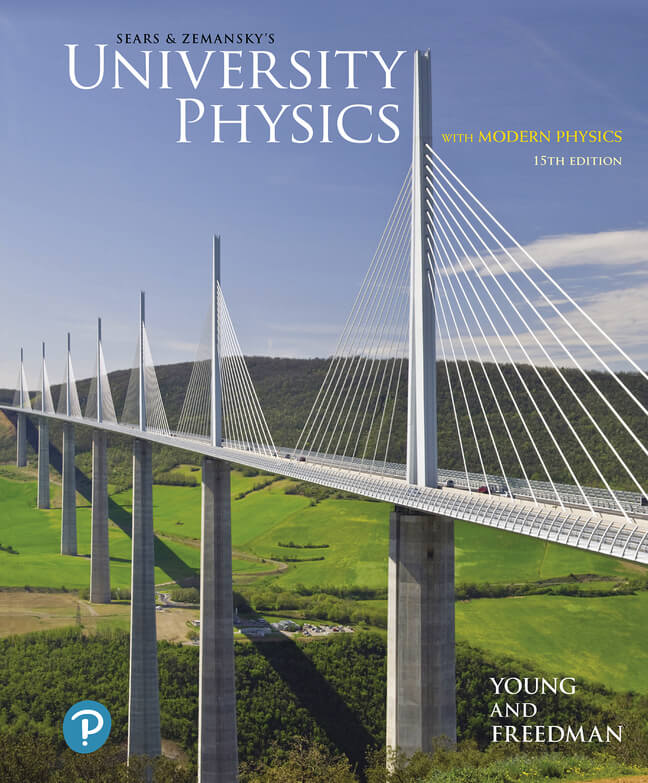
University Physics by Young
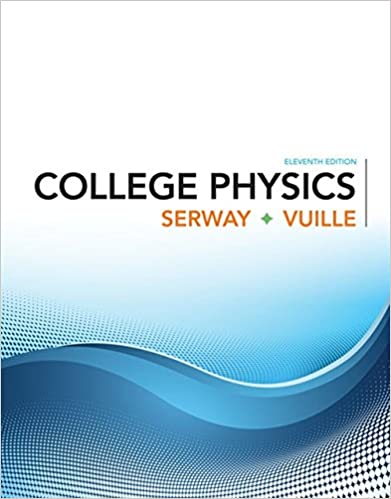
College Physics by Serway & Vuille
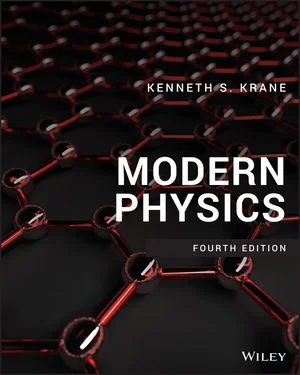
Modern Physics by Krane
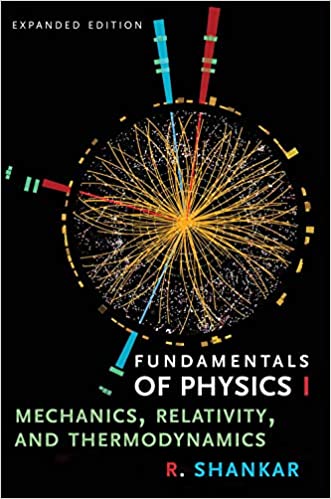
Fundamentals of Physics I & II by R. Shankar
And off we start!
1. Fundamentals of Physics I & II by R. Shankar (Best for under $100)

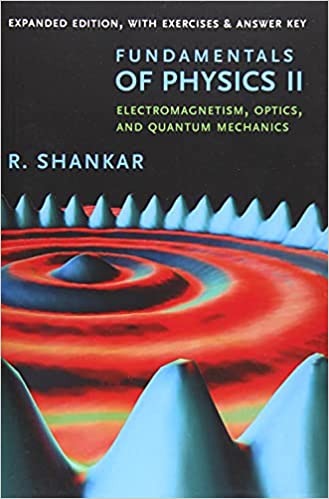
Professor R. Shankar is a notable physicist and highly effective educator. In the first book, he explains the concepts of mechanics, relativity, and thermodynamics.
In the second one, he discusses the concepts of electromagnetism, Optics, and Quantum Mechanics.
These books are concise and together add to about 1000 pages. But they still weigh a lot less than other physics textbooks, so won’t be a problem carrying around in your college bag.
So let me tell you what makes them one of the best physics textbooks for college.
What we liked:
1st, It has to do with how the books approach learning. They start at the easiest and simplest levels. And then they gradually and carefully pick up the pace while strengthening the fundamentals.
As a student, you get to interact with different problem sets as you learn about today’s research findings. Ultimately, the author ensures that you develop a solid grounding in the principles of physics.
For instance, the electromagnetism section introduces gauge variance, which is typically not covered in other more popular textbooks.
2nd, Shankar makes Physics interesting. He injects humor throughout the pages. Look at this excerpt from the second book
“This gives you two options if you have secretly managed to build a quantum computer. Either you can become famous and win the Nobel Prize (or even get an NSF grant), or you can go on the biggest shopping spree of your life, because you can get anyone’s credit card number. When you come to that fork, you can decide which way you want to go. Maybe you can take both choices, if you are small enough.”
3rd, these books are both under $100, which is totally inexpensive compared to the rest.
2. Conceptual Physics by Paul G. Hewitt
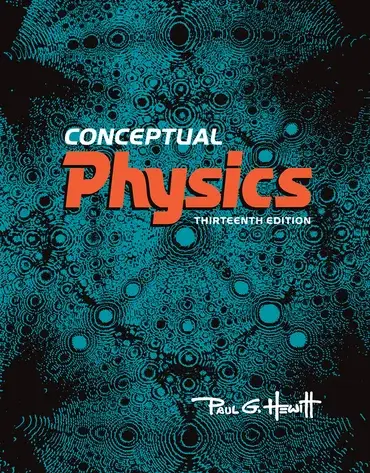
This book will help you to connect physics to your everyday experiences and the world around you. Hewitt is notable for engaging readers with examples from real-life situations and analogies.
He helps you build a formidable conceptual comprehension of physical methods and principles- from classical mechanics to modern physics.
While it may start off pretty simple to you, do not underestimate its effectiveness. The simplicity is supposed to prep you for the complex concepts that follow.
For example, when you begin learning about magnetism, you’ll be over the moon that you took time early on to study simple acceleration.
What we like:
- It is highly readable and easy to follow
- Each section is followed by a “checkpoint”, which tests your understanding of the material
- The text includes QR codes, which send you to online videos and other mini-lectures
- It features cartoonish illustrations with photos that are quite endearing
- If Math is not your strongest suit, then this should be your go-to college Physics textbook. It delves into the concepts without needing more complex mathematical underpinnings than what your algebra and trigonometry can handle.
What we don’t like:
- While each chapter has lots of questions towards the end, the book only gives answers to half of them
3. University Physics with Modern Physics by Young and Freedman (Best Overall)

This book is probably the only college physics textbook you will need all the way through your sophomore year. If you read this book exhaustively, it will definitely set you up for your degree.
University Physics tends to break down and explain concepts very well- it might piss you off if you have a super high IQ. However, it’s designed to go to great lengths to make sure the concepts sink in.
It has an astronomical number of problems to do. Make sure to do at least a third of them especially if you are at the college level. The book also has the student’s solutions manuals which feature solutions to some of its problems.
Here are the manuals below:
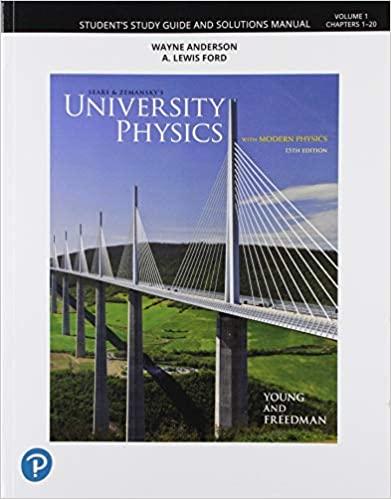
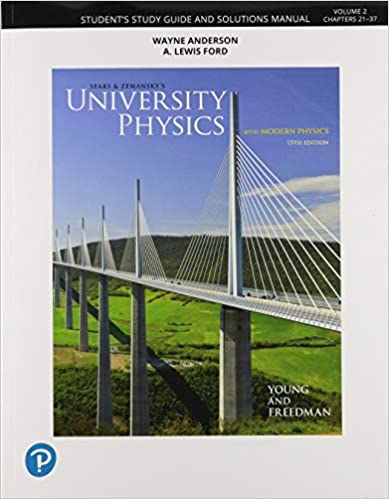
University Physics changes your view of Physics from something that is complex and frustrating to easy-to-digest concepts.
We have also determined that you can use this book as a reference long after you are done with your studies- unlike most other texts that tend to adopt a rather linear approach to teaching Physics.
It’s one of those books you can always go back to, that is if you don’t care for the now-common college practice of selling books back to the bookstore!
What we don’t like:
- It is large and quite bulky, which might be difficult to handle
4. Fundamentals of Physics by Halliday, Resnick, and Walker
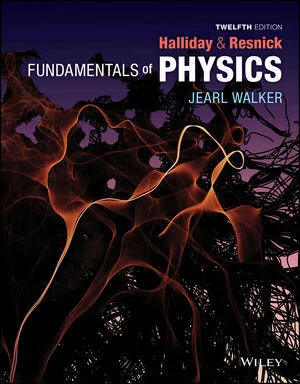
Unless you haven’t, you have probably heard of the Resnick Halliday Physics book. Well, this is it- but with Walker as co-author. It’s one of the more famous Physics textbooks.
This book is unparalleled for helping you learn physics only by solving unsolved problems. Every chapter in this textbook feels like a new experience- an adventure if you like.
You will not hate Physics if you have this for your textbook in your undergrad.
What we like:
- Lots of practice problems and homework problems are included
- It contains checkpoints after specific concepts are discussed, to reinforce your understanding
- The text is clear and concise
- We especially found the magnetism and electricity chapters to be really awesome
What we don’t like:
- It does not have modern physics. And so, if you need one with modern physics, buy the extended version instead. Check the extended version here
5. The Feynman Lectures on Physics, boxed set by Richard P. Feynman, Leighton, and Sands
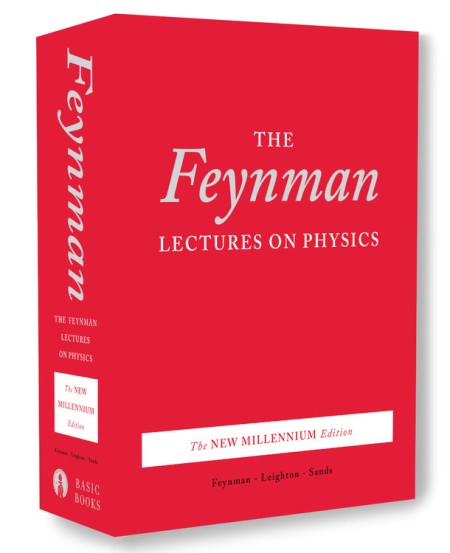
This New Millennium edition is a set of three books, based on the remarkable lectures of Feynman. They are full of depth and adopt witty approaches to concepts in physics.
The lectures were prepared for the foundational physics course at The California Institute of Technology (Caltech). However, they can stimulate an experienced physicist too.
Feynman utilizes a simple, conversational approach, which tends to mask the breadth of thought in his lectures.
Unfortunately, you need to have lived and breathed physics for a few years before jumping into these lectures. Perhaps supplement it with a standard college physics textbook or learn some introductory physics from books such as Resnick Halliday.
What we don’t like:
- Not advisable for beginners
- There are no problems. However, there is a separate problem book for the Feynman lectures that might work for you or not. Check the problem book here
6. Modern Physics by Krane (Best for Modern Physics)

If you are looking for an introduction to Modern Physics, then this is your book. It covers sufficient concepts in detail as opposed to getting too superficial on a range of topics.
The book easily demonstrates how to derive formulae. While it’s not as mathematical as some of the other modern physics textbooks, we found its concepts, such as quantum mechanics and astrophysics, to be useful.
Its topics are great for a typical first-year college modern physics course or even for a sophomore-level science and engineering student.
What we like:
- Each chapter has useful illustrations and a great bunch of problems. Plus, it has answers to the problems at the back! How exciting!
7. College Physics by Serway and Vuille (2nd Best Overall)

College Physics is a freshman’s introductory text, which presents the foundational principles and concepts of Physics in a simple and rational manner. The topics covered here are:
- Newtonian mechanics and the physics of fluids
- Heat and thermodynamics
- Wave motion and sound
- Electricity and magnetism
- Properties of light and the field of geometric and wave optics
- Introduction to special relativity, quantum physics, and atomic and nuclear physics
What we like:
- From a teaching perspective, we found that Serway places higher demands on the student unlike other texts such as Young’s University Physics. The text itself and the difficulty of the problems will challenge you well.
What we don’t like:
- Advanced modern physics students may not find this book very helpful as it seems to be focused on college physics beginners. It may appear vague particularly with showing equations without demonstrating derivation.
8. Introduction to Electrodynamics by Griffiths
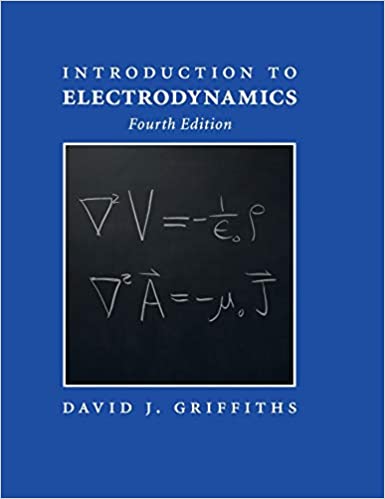
Griffiths’s book has that reader-friendly vibe some students would like and is meant for a physics college beginner to learn electromagnetism.
Even though the concepts might not be as meatier as in other texts, we found the book to be quite comprehensive.
It includes the following topics:
- Use pf Laplace equation to treat problems
- Electromagnetic Waves
- Relativity
- Etc
If you do not have a proper math grounding, you might need to take prerequisites to keep up with the math here- such as multivariate calculus, ordinary & partial differential equations.
Essentially, if you have a good understanding of curl, divergence, Green’s theorem, Stokes theorem, you’ll be set.
What we like:
- Griffiths feels like attending a nice classroom lecture
- The book makes you really visualize and imagine the concepts
- Griffiths sprinkles some witty jokes to make things interesting
What we don’t like:
- Griffiths’ examples of E&M (Electricity & Magnetism) might feel a little too shallow if you have some more depth in Physics
9. Physics for Scientists and Engineers: A Strategic Approach by Knight
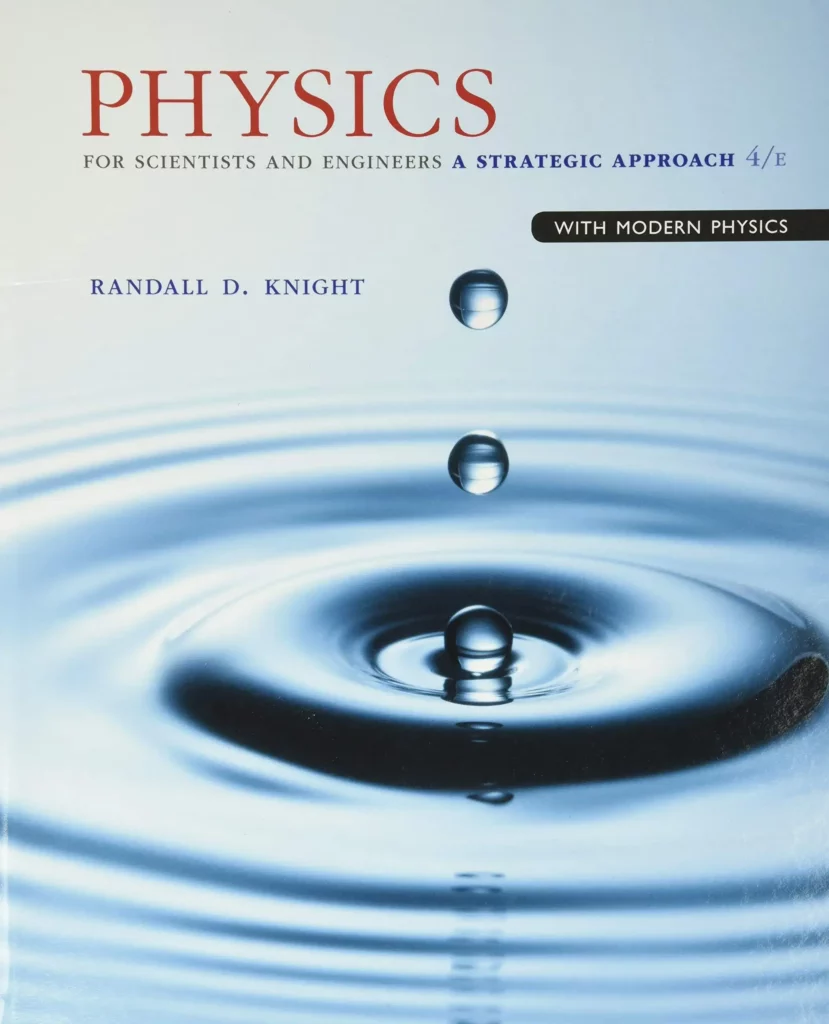
With Knight, you get a teacher who utilizes physics education research across his many explanations and exercises.
With its painstaking approach to breaking down and delivering concepts, we believe it’s one of the best introductory undergrad physics textbooks.
What we like:
- The books in the set have awesome images to help you visualize the concepts
Wrapping up
While we’ve taken the time to ensure that these are the best physics textbooks for college, each of the books might feel different from the other.
Our Top Recommendation
Overall, we believe that University Physics by Young & Freedman meets all your undergrad physics needs without needing to rely on some backup text.
If you make a purchase, we may earn a commission at no extra cost to you.
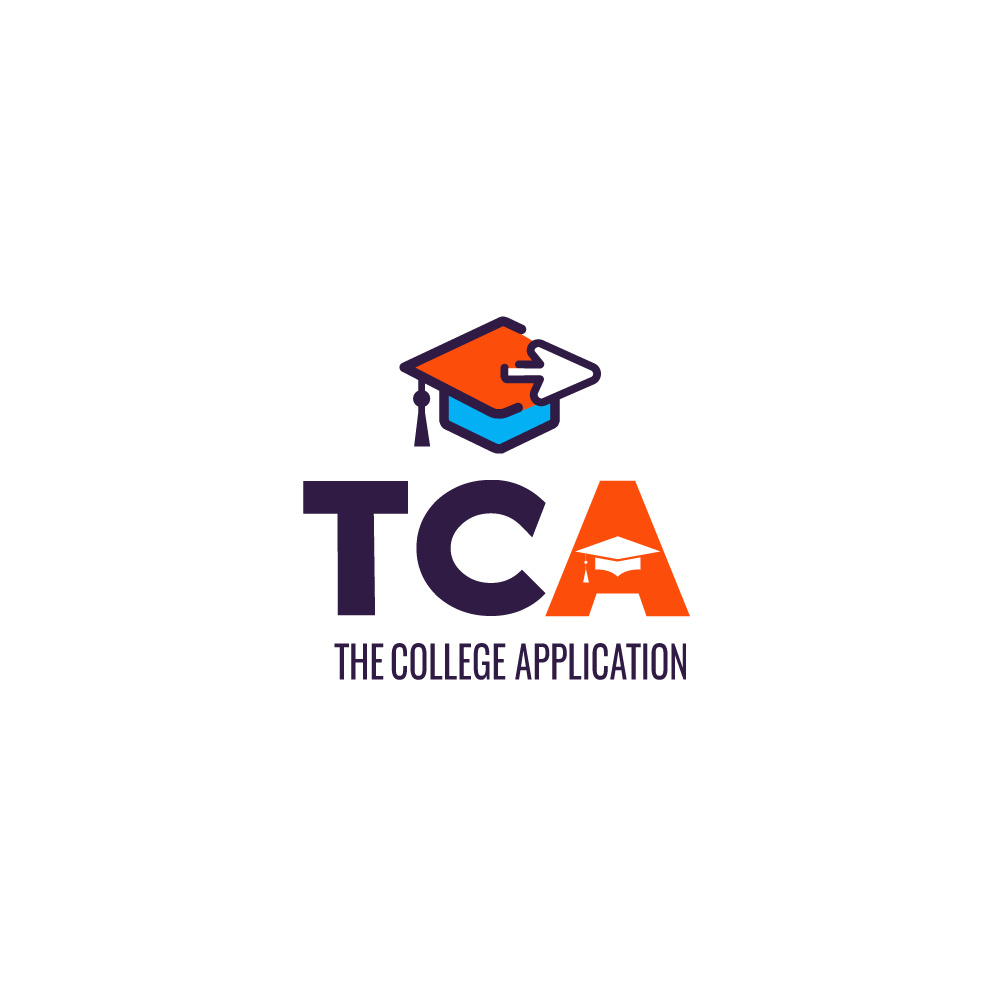
You might enjoy Feynman’s colloquial style, while another might feel like Feynman’s lectures are a bit too superficial. We encourage you to use the “Look Inside” option while you check the prices on Amazon.
Related Readings:
Best Calculus Books for Self-Study: Top Recommendations Today
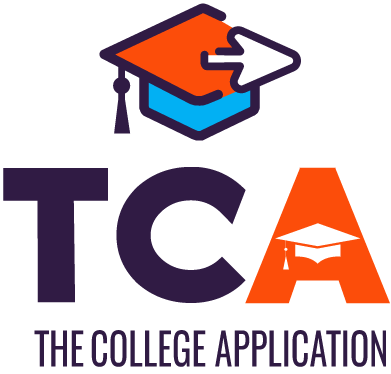


I’m so happy to read this. This is the type of manual that needs to be given and not the random misinformation that’s at the other blogs. Appreciate your sharing this best doc.
Thanks for your kind words, Kayswell!
That felt like a friend genuinely recommending books. Loved how you mentioned both pros and cons!
Thank you. Hope you found your favorite one!